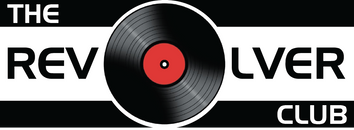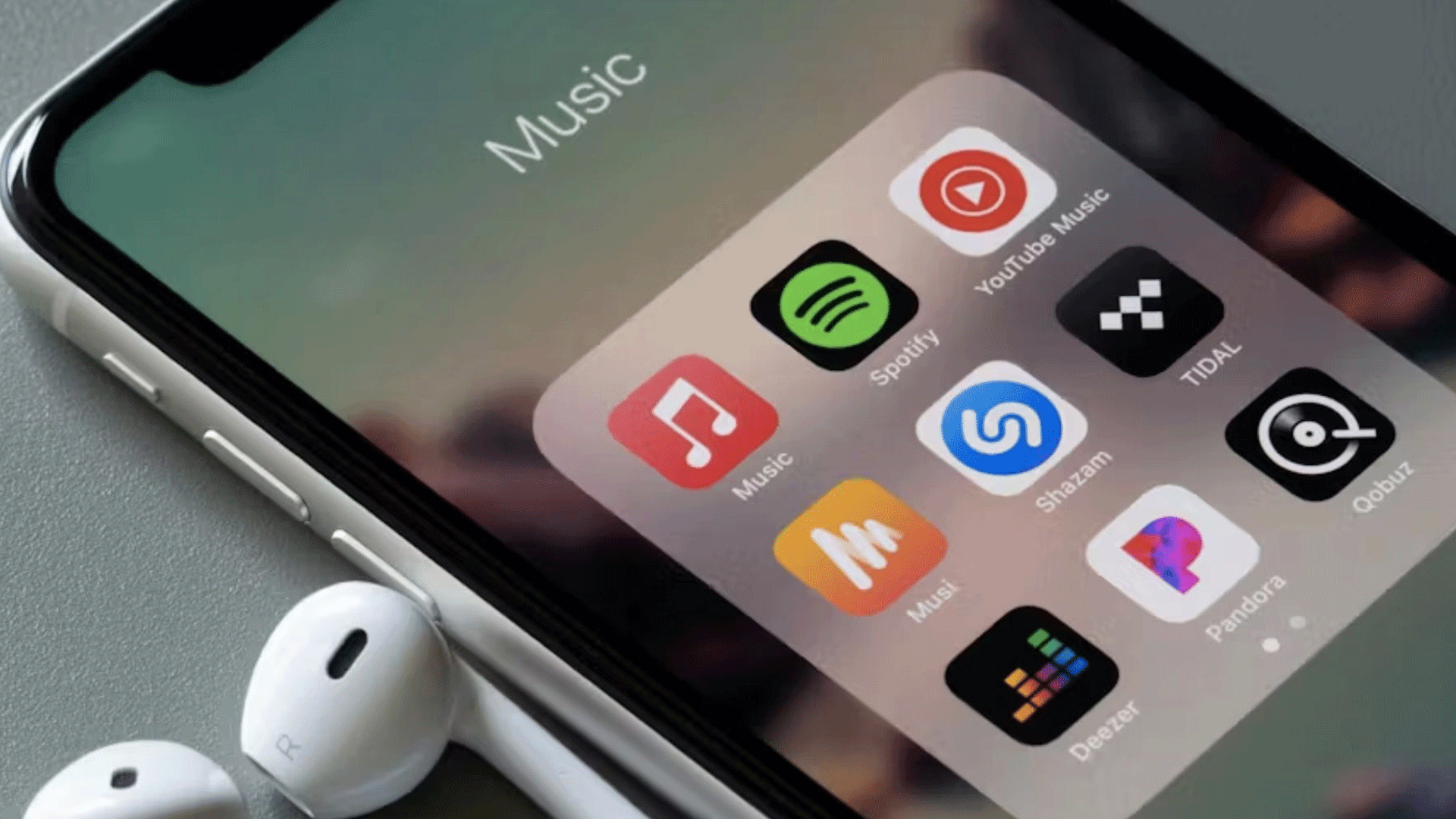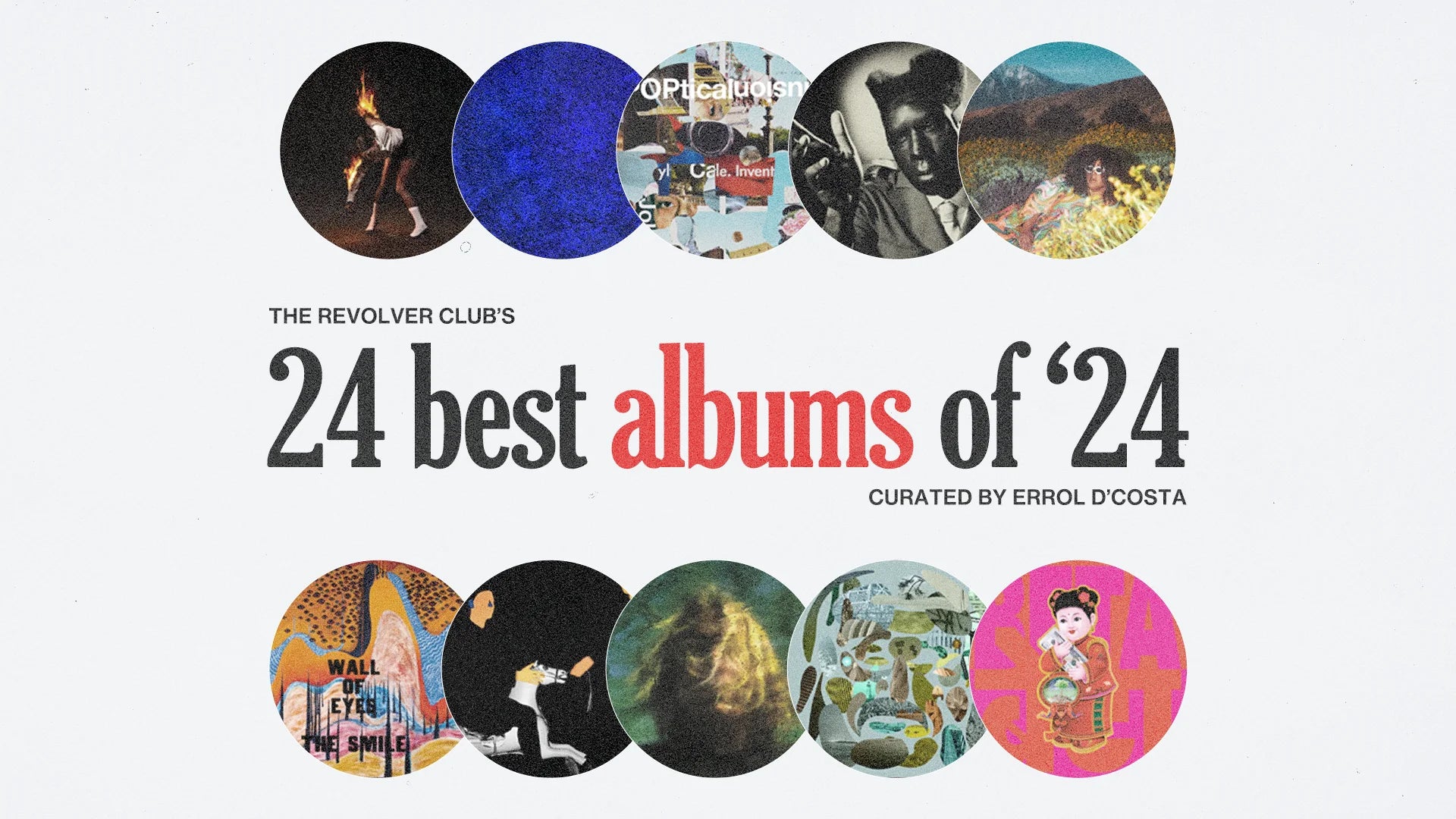Creating and Copyrighting Every Melody Possible
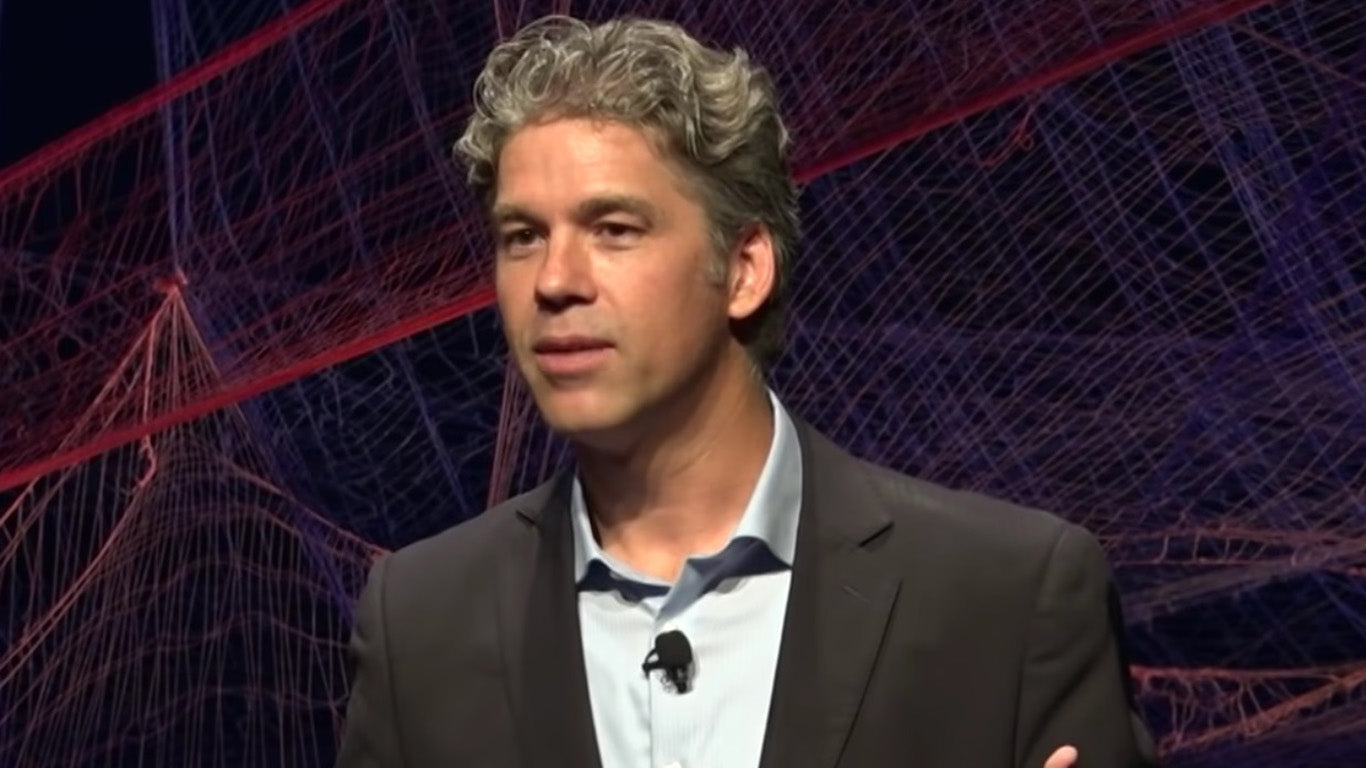
In the ever-evolving world of music, copyright disputes have become as common as catchy hooks. But what if there was a way to put an end to these legal battles before they even started?
That's exactly what musician and lawyer Damien Riehl, along with fellow musician and programmer Noah Rubin, set out to do.
Their mission was clear: they wanted to create and copyright every conceivable melody, hand them over to artists and musicians and provide them with a safeguard against potential copyright lawsuits.
To achieve this, Riehl and Rubin developed a computer algorithm that could churn out melodies at an astonishing rate—300,000 per second!
But how do you generate every possible melody? Well, they took a mathematical approach and recorded every 8-note, 12-beat combination using MIDI format.
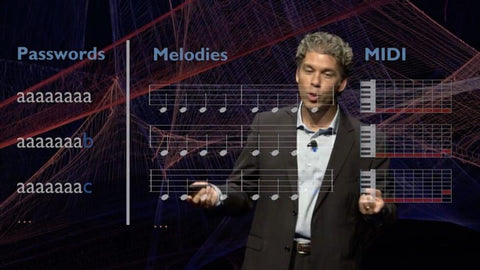
Here's the twist: under copyright law, numbers are considered facts, and facts aren't usually protected by copyright.
Riehl explained that if these melodies are essentially math, which is factual, then they might not be copyrightable. To ensure this, they made sure all these melodies existed in tangible, digital form.
You can find the algorithm and all the melodies they generated on Github and the Internet Archive. These melodies come with a Creative Commons Zero license, meaning they're practically in the public domain—no rights reserved.
Of course, not everyone was immediately sold on this idea. Legal experts had their doubts. Some questioned whether melodies could truly be considered math, while others were uncertain about the project's effectiveness in court. Still, the project ignited a vital conversation about copyright and creativity.
Riehl and Rubin plan to expand the melodies to include rhythms, making it even more useful for artists. But Damien Riehl also hopes for legislative changes in copyright law to provide a more robust solution to these issues.
In a world where originality is everything, Riehl and Rubin's algorithmic melodies offer a fresh perspective. While their project may not completely eliminate copyright disputes, it opens the door to new possibilities.
Read More: Shaping How We Listen To Music: The Impact Of MIDI Keyboards
